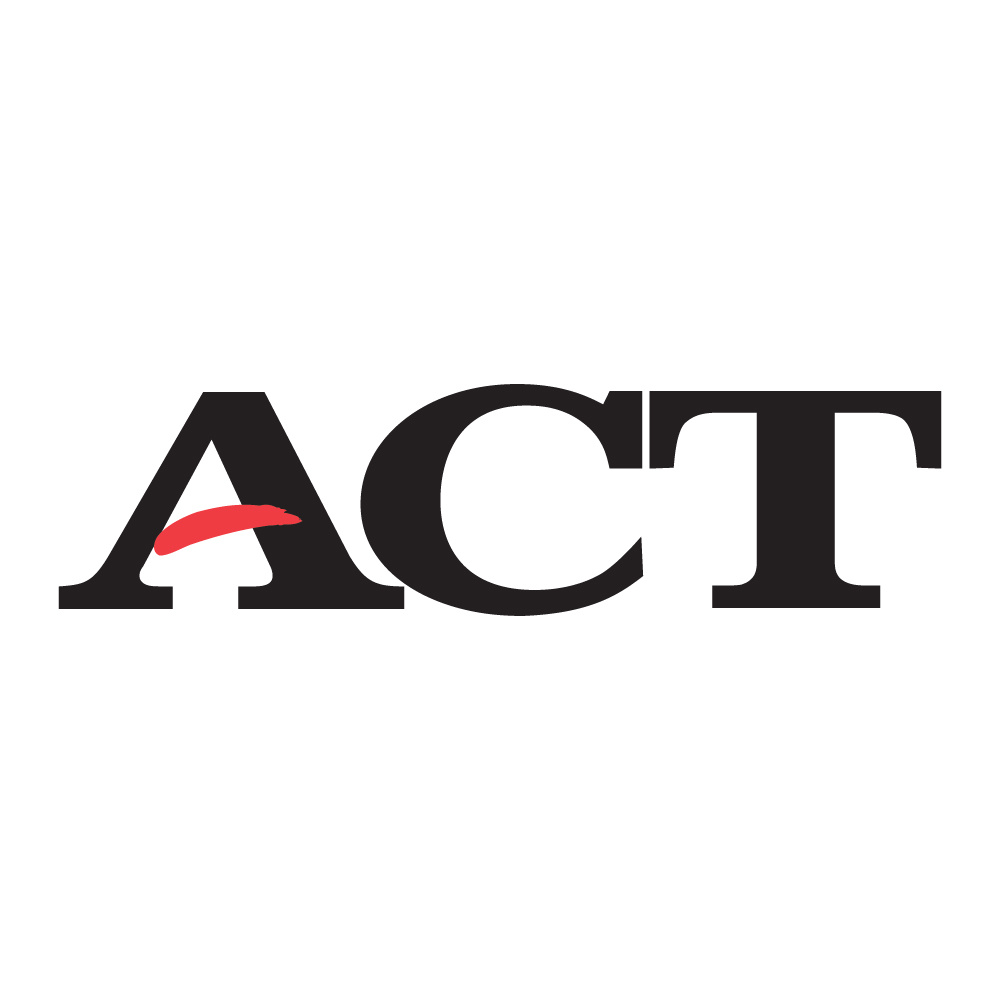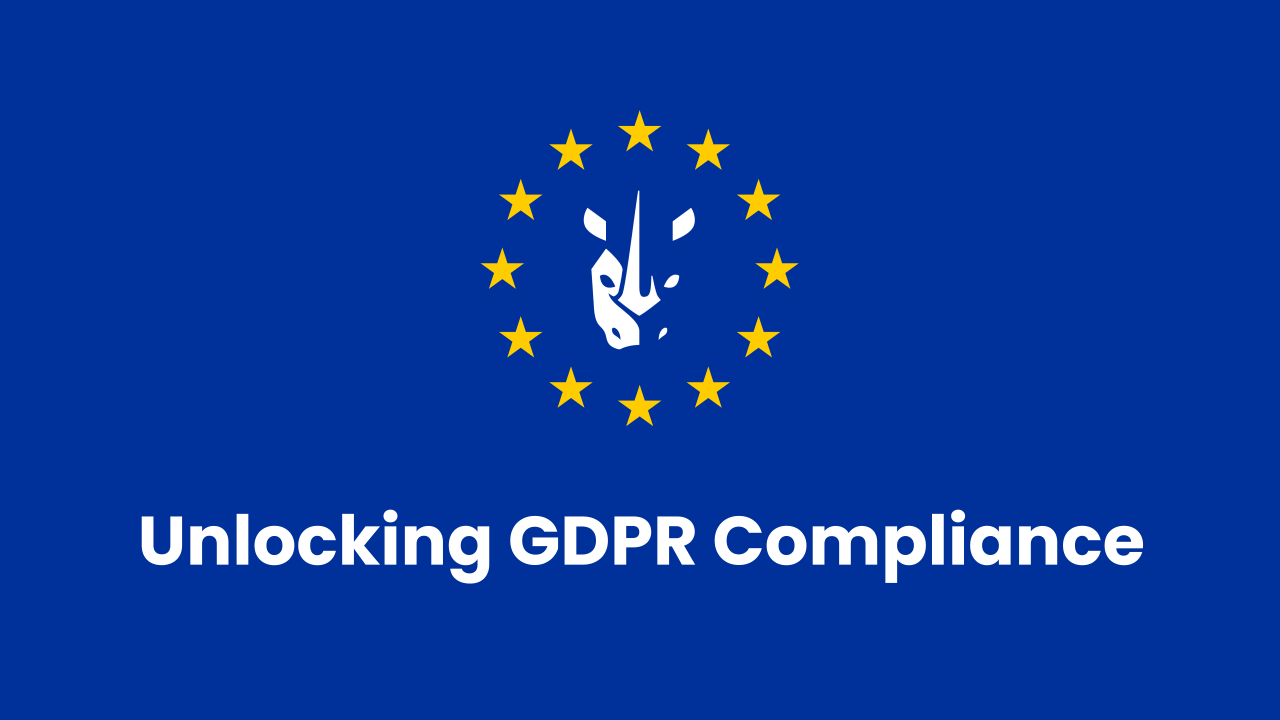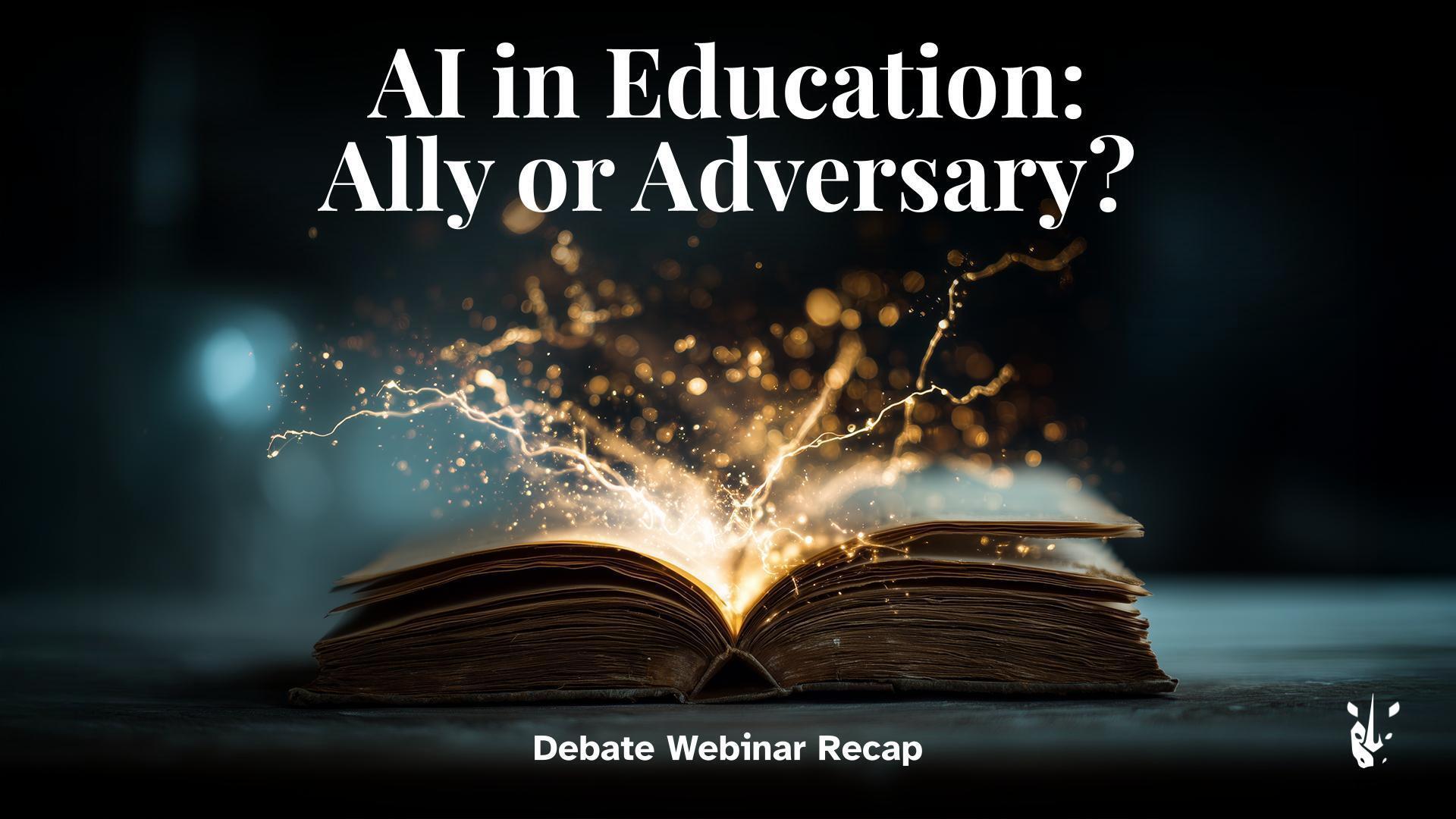
Breakout Learning recently hosted a lively webinar titled "The Right Role for AI in Educational Publishing," moderated by Andrew Jack, Global Education Editor at the Financial Times. The discussion brought together a diverse panel—Ramit Varma (CEO, Breakout Learning), Cheryl Costantini (Ed Tech Expert and former Cengage SVP), and Anthony Palmiotto (Editorial Director, OpenStax)—to explore the massive disruption AI is causing across the education and publishing ecosystems.
The panelists and attendees engaged in an invigorating debate covering four critical questions, with the audience weighing in via live polls. The consensus? While the technology presents significant challenges to legacy systems, the overwhelming mood is one of excitement for the future.
Is a Company Like Breakout Learning an Ally or Adversary to Publishers?
The conversation kicked off with the controversial issue that sparked the webinar: a cautionary notice sent by Harvard Business Publishing regarding the sharing of materials with Breakout Learning. Despite this tension, the audience's response was definitive.

Breakout Learning's CEO, Ramit Varma, positioned the company not as a competitor, but as a crucial enabler for publishers' content in the age of AI. "We see ourselves more as almost like a distribution platform," he explained, "like Netflix without movies is nothing, but when you have a streaming platform, you can stream your movie to people all over the world. We create an opportunity for that content to get to the students in a more efficient way."
Anthony Palmiotto from OpenStax agreed that a dynamic like this can be a net positive for the entire ecosystem: "I think it's an ally... in a way that, you know, a really good best friend is an ally. They'll keep you honest. The competition will help you identify where you stop and they start."
Is There Still Value in the Skill of Being Able to Read and Comprehend Dense, Long-Form Material?
This question highlighted the generational and pedagogical fault lines in modern education, with a strong but not overwhelming majority of the audience affirming the value of deep reading.

Former Cengage executive Cheryl Costantini offered a provocative counterpoint, questioning the real-world utility of long-form text for all students: "I can't remember the last time I needed to read something really long... to do my job effectively. I'm kind of of the mind that maybe long form text is no longer as valuable as it was."
This perspective was challenged by a chat comment from Sekou Bermiss (UNC Kenan-Flagler Business School), who stressed a broader societal need: "I think being able to read dense material is CRITICAL to our democratic society and in the fostering of critical thinking... I think it's important to make sure that they can read deeply and think critically."
Another audience member, Marshall Toplansky (Chapman University), suggested the issue is a "market segmentation problem." He argued that while faculty "love long-form content" and the process of deep learning, for the broader student body who "do not love the process of learning as we do," a "different approach" is necessary.
AI Is More Likely to Enhance Learning Than to Erode It.
Despite the challenges of academic integrity and assessment, the panel and audience expressed a strong belief in the enhancing power of AI.

Ramit Varma gave a "surprising answer," stating that AI "erodes it in the current environment." He clarified that the current system of assessments is so fragile that "you can break any assessment in the current environment, for the most part, with an AI tool."
However, the consensus was that with thoughtful design, AI can revolutionize learning. A chat comment from Mark Atkeson (University of Tennessee) highlighted the need for intentionality: "AI enhancing learning depends on what subject is being taught...for instance, Ethics. I don't want AI generated responses or submissions. I want their independent thought coupled with why they believe what they believe."
Are Today's Students Truly Different, or Does Every Generation Feel Different?
The final poll showed that a majority of the audience believes the current generation of students is fundamentally different, driven by new expectations and technological immersion.

Cheryl Costantini focused on the core expectation of the modern learner: "I think the key here is that everyone expects to be an active participant in their learning." She noted that patience with "long form text, lectures, etc. is not really there," and that learners "expect to have interactive learning environments" and to "drive the pace of the learning themselves."
June Bood (University of Oklahoma) offered a specific example of generational shift in a chat comment, noting a difference in communication preferences: "One of the biggest differences between Gen Z and the Millennials they will soon/are working for, is face-to-face communication. Gen Z abhors this but Millennials expect it." She highlighted that Breakout Learning "forces the students to practice face-to-face communication in a safe environment."
An Uplifting Conclusion: Getting Better at Being Human
In wrapping up the discussion, Breakout Learning co-founder and Chief Innovation Officer Steven Walters shared a powerful quotation from London Business School Professor Andrew J. Scott that encapsulated the panel's focus on human-centered learning: "As machines get better at being machines, humans have to get better at being more human."
The audience's final poll reflected this sentiment, with 82% of educators stating they were excited about the age of AI, compared to only 18% who were concerned.
Breakout Learning is dedicated to facilitating this more human-centered approach by scaling small-group, discussion-based learning—a method that encourages the very skills AI can't replace: critical thinking, collaboration, and communication.
Curious what small-group discussions can do for your class? Connect with the Breakout Learning team to see a live walkthrough!
Up next


SOC 2 Type 2 Audit Complete
Breakout Learning has successfully completed their SOC 2 Type 2 Audit.

Unlocking GDPR Compliance: A Critical Step in Breakout’s Global Growth
Breakout Learning is Officially GDPR Compliant!


